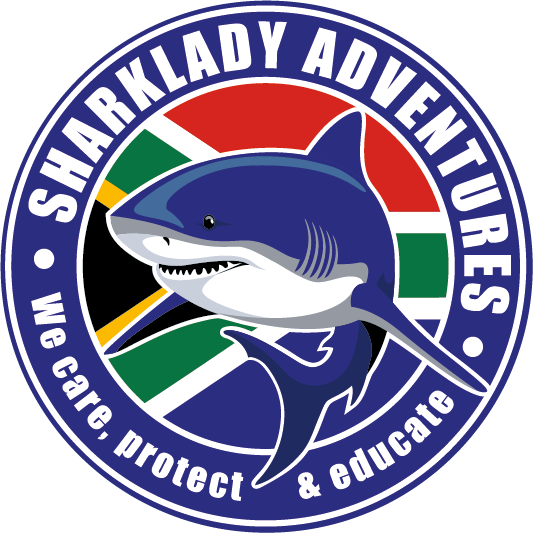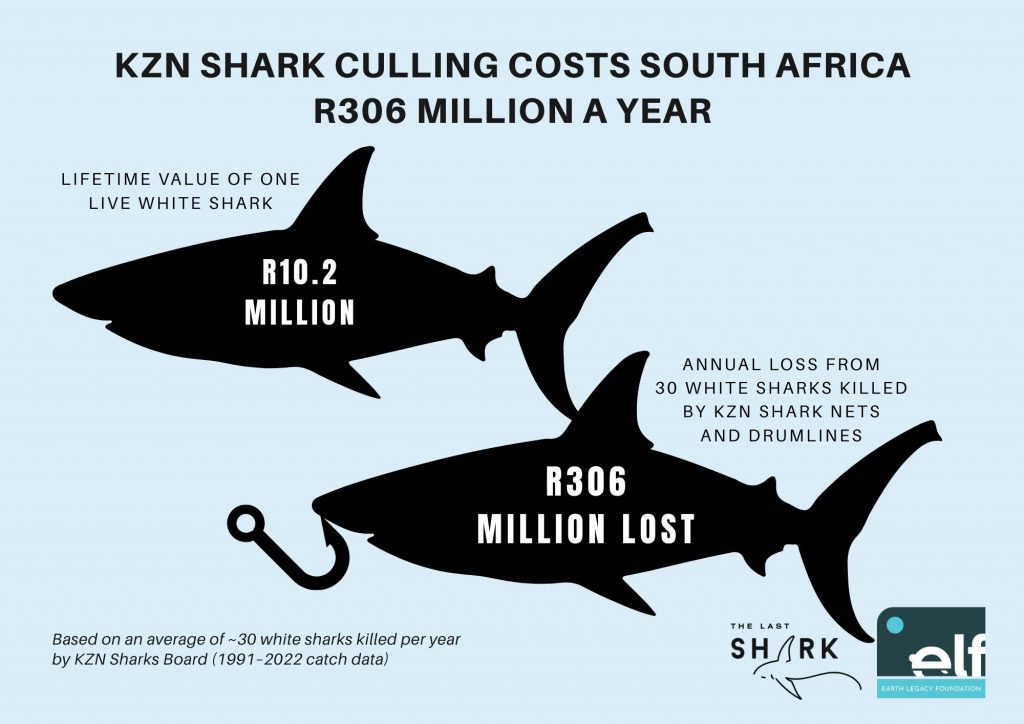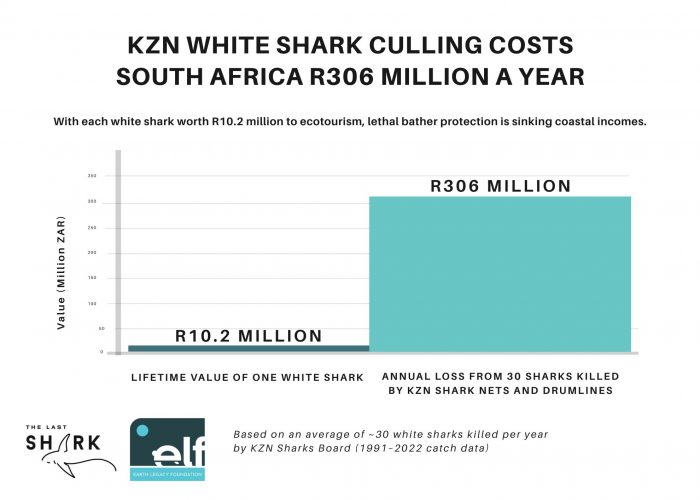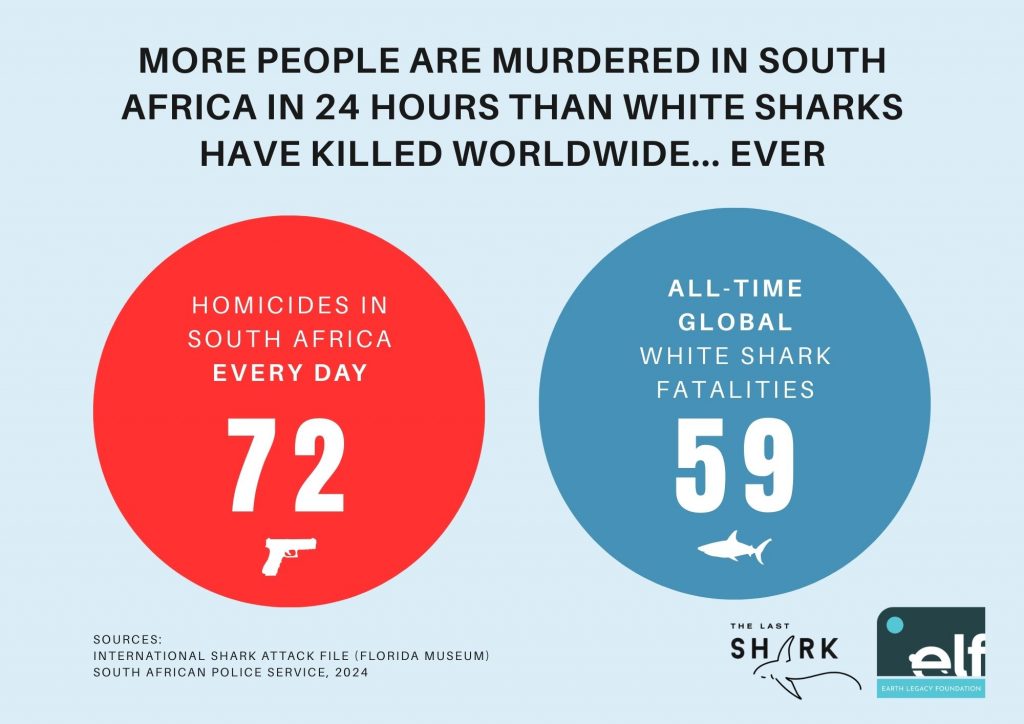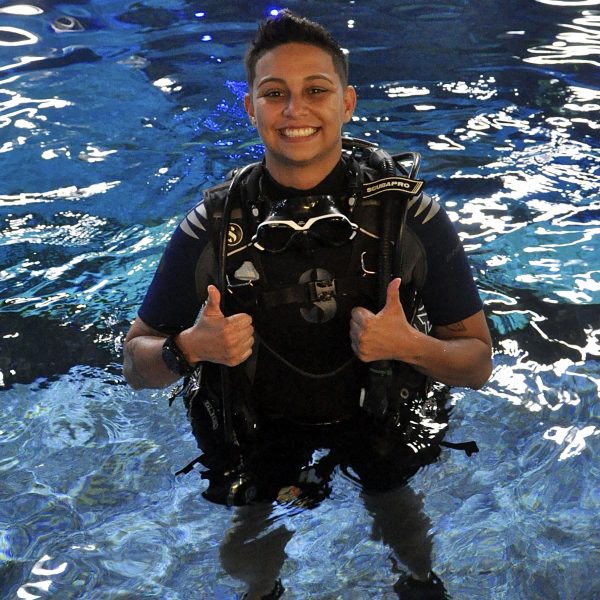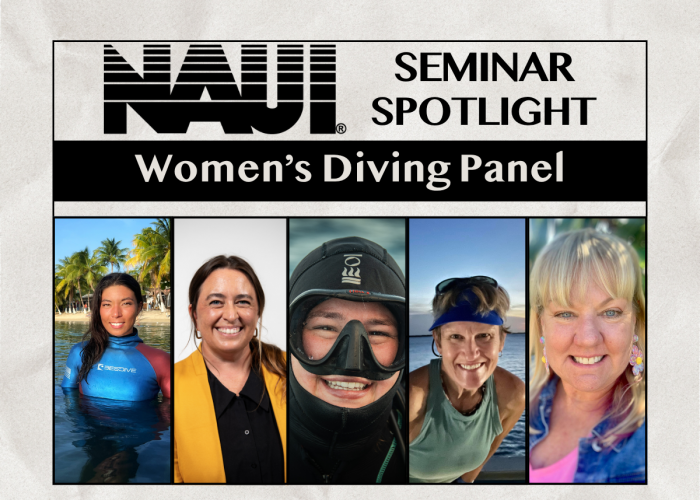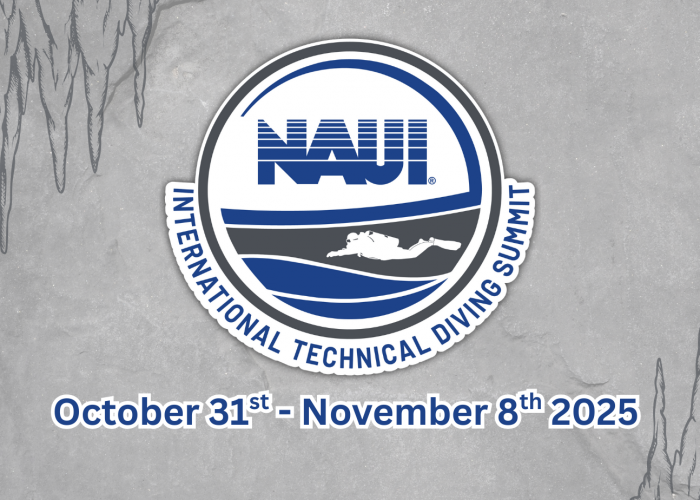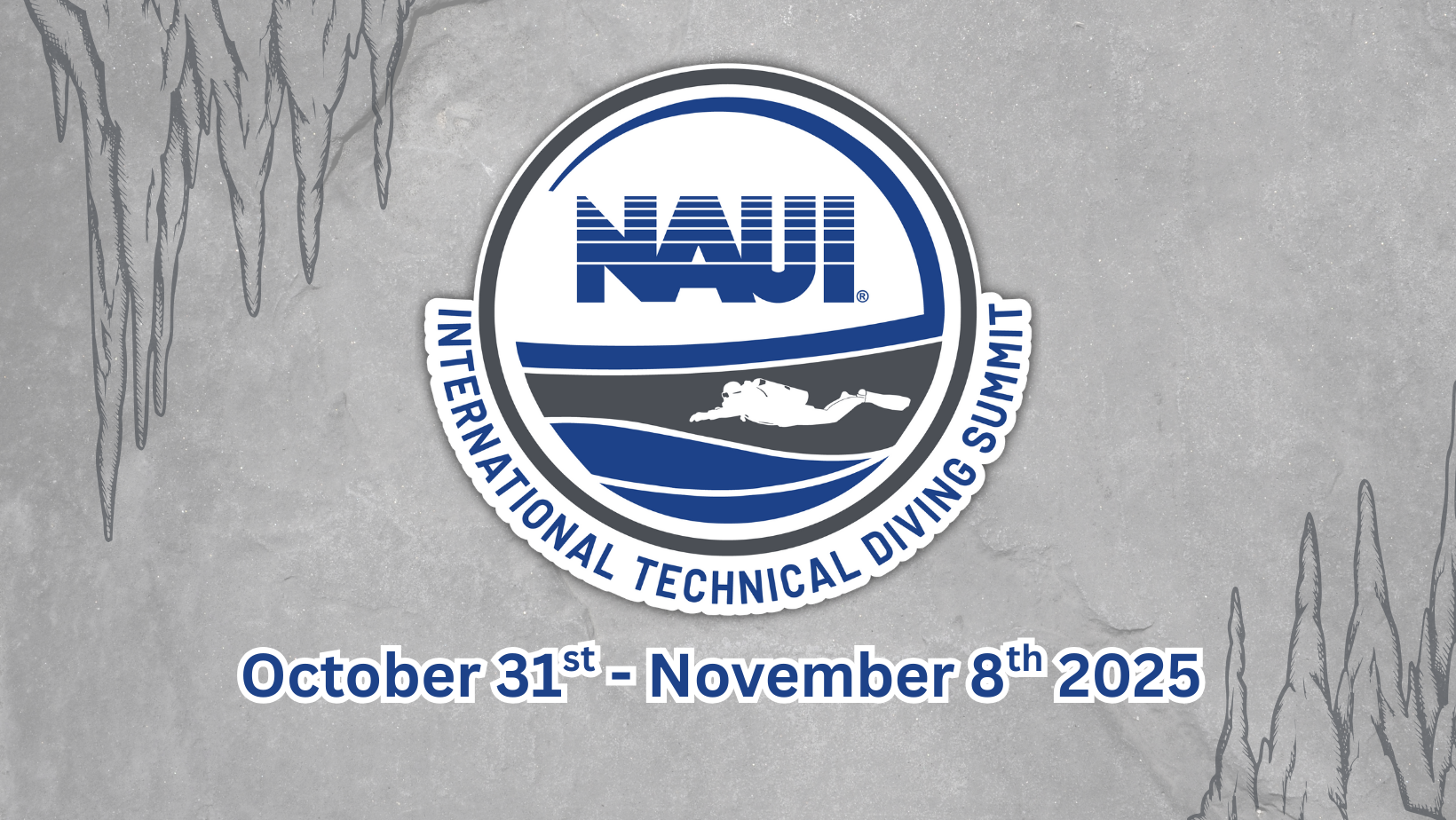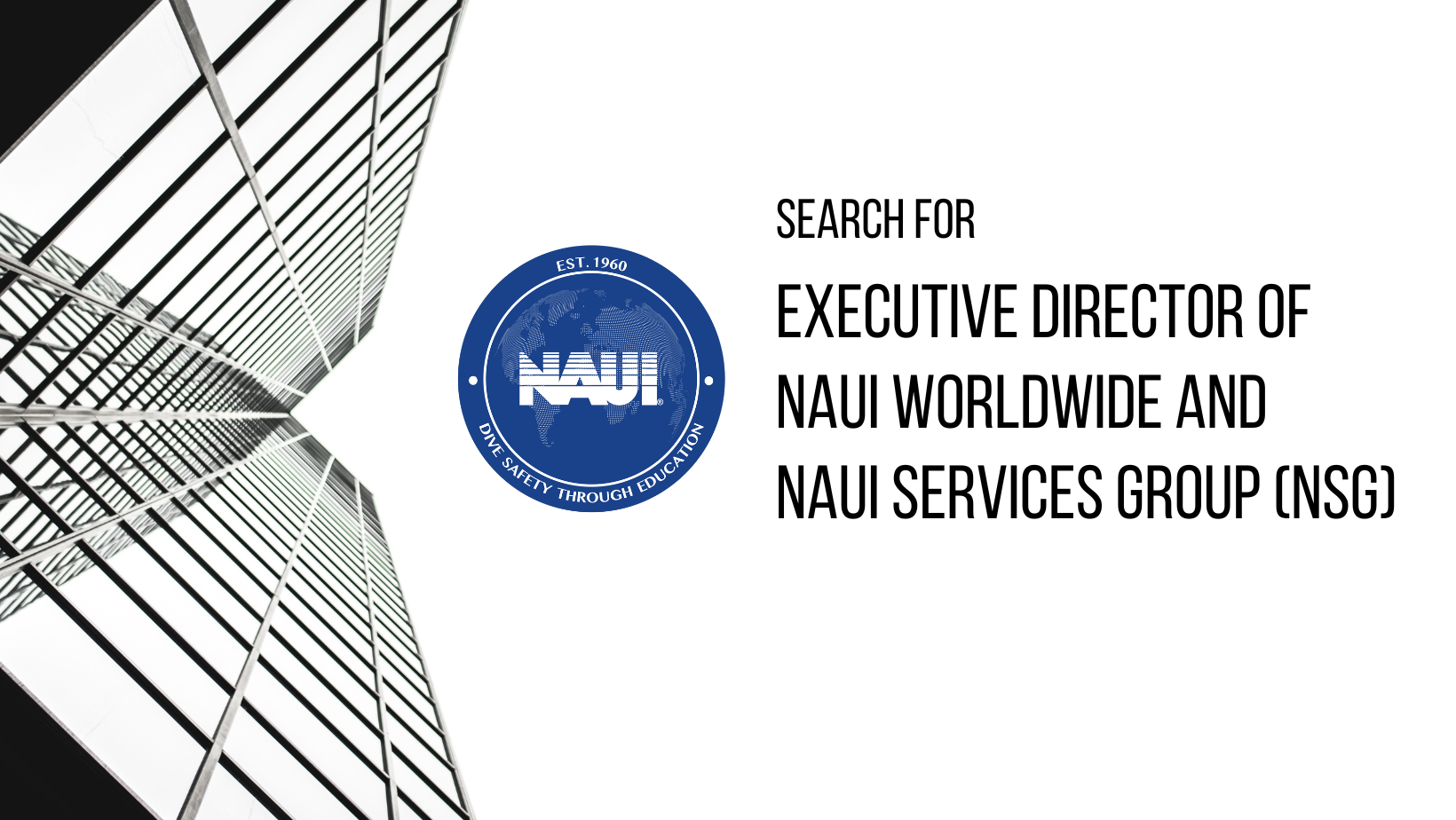KwaZulu-Natal Shark Culling Under Fire: How NAUI Divers Can Join The Global Call for Change
South Africa’s KwaZulu-Natal Shark Culling is drawing attention around the world, and the reason should concern every diver, instructor, and ocean advocate.
Since the 1950s, the KwaZulu-Natal Sharks Board (KZNSB) has used shark nets and drumlines in an effort to reduce shark encounters at public beaches. These devices were introduced as a safety measure, but decades of data show they kill more marine life than they protect. Over 1,000 great white sharks have died in the nets, along with dolphins, turtles, rays, whales, and numerous endangered species.
Today, more than 50 organizations, including dive operators, scientists, and conservation leaders, are working together to bring this practice to an end. The campaign continues to grow as it gains support from international influencers and marine protection advocates.
Why This Campaign Matters to NAUI Divers
Sharks are essential to the health of the marine ecosystems we train in and explore. These apex predators help regulate the food chain, keeping coral reefs and fish populations in balance. When sharks are removed in large numbers, ecosystems can collapse.
The current system has also had a significant economic impact. One independent study estimates that each great white shark contributes approximately R10.2 million ($576 million / £420 million) in ecotourism value over its lifetime. Based on the known losses, the shark net program has cost South Africa more than R10.6 billion ($577 million / £440 million) in potential revenue. Local dive tourism, shark excursions, and marine research programs all suffer when these animals are lost.
Global shark attack statistics show how rarely unprovoked incidents occur. In 2024, only seven fatalities were recorded worldwide. In contrast, the bycatch from the KZNSB program includes a long list of non-target species that face no threat to humans at all.
As members of NAUI, we advocate for education, preparation, and responsible diving practices. When communities are equipped with the right knowledge and tools, ocean safety improves for everyone.
Proven Alternatives Already Exist
Countries around the world have moved away from lethal shark control. In their place, they use methods that focus on early detection, real-time monitoring, and public education. These strategies have proven effective at reducing risk while preserving marine life.
Some examples include:
- Aerial & Drone Surveillance
- Shark Spotter Programs
- Eco-barriers that block access without trapping wildlife
- Shark Deterrent Devices for Personal Use
- Community-led Education Initiatives & Beach Alerts
Each of these has demonstrated success without harming dolphins, turtles, or other species. The coalition in South Africa is calling on the government to begin independent trials of these non-lethal methods, which have already been implemented in other parts of the world.
How NAUI Members Can Take Action
The coalition has created a public petition addressed to South Africa’s Department of Forestry, Fisheries, and the Environment (DFFE). It is open to divers, scientists, and conservation-minded citizens everywhere.
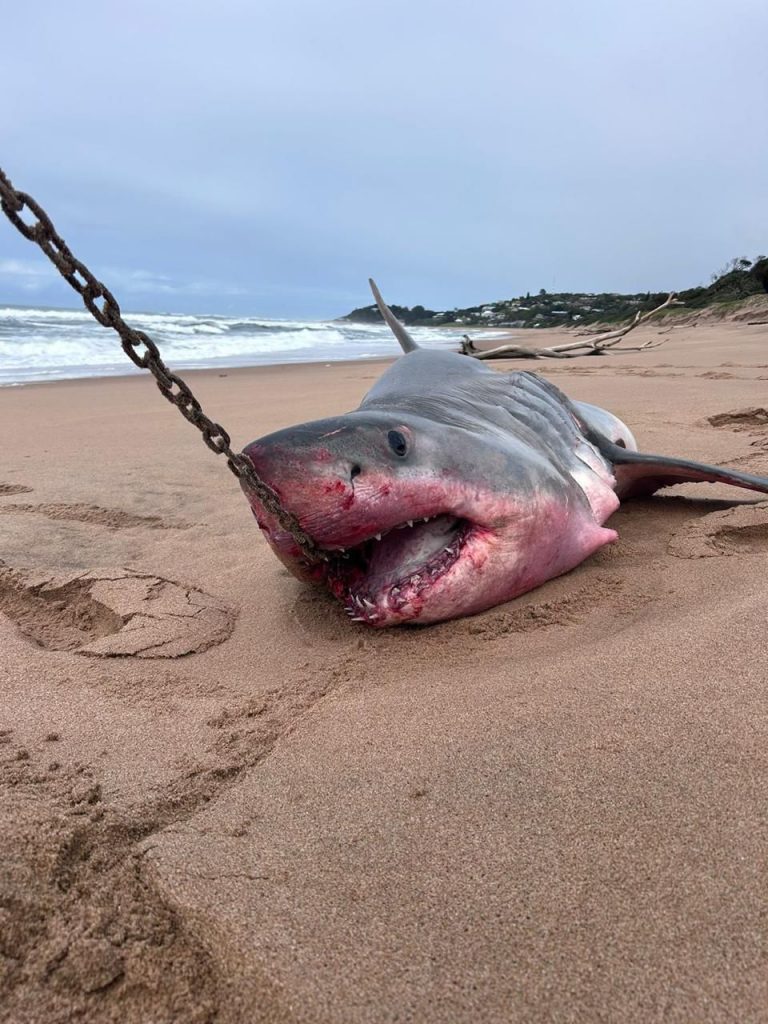
You can also:
- Share the petition using the hashtag #KZNSBNetsOutNow
- Include this case study in classroom discussions on marine ecology and ocean conservation
- Start a Conversation with your dive community or affiliate shop
- Reach out to the organizers to offer support or coverage
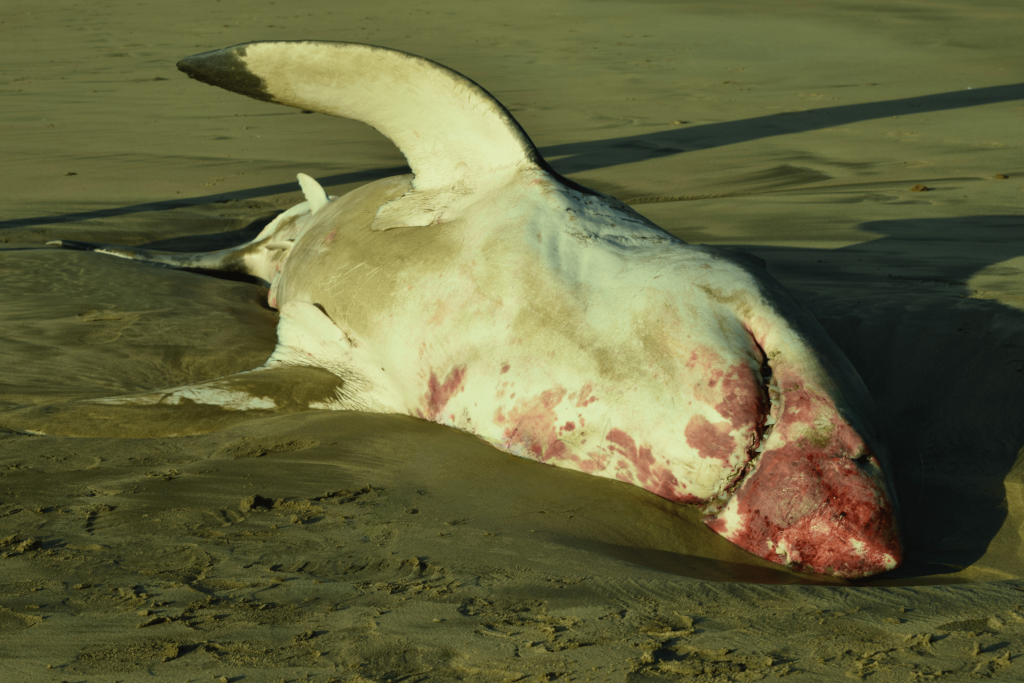
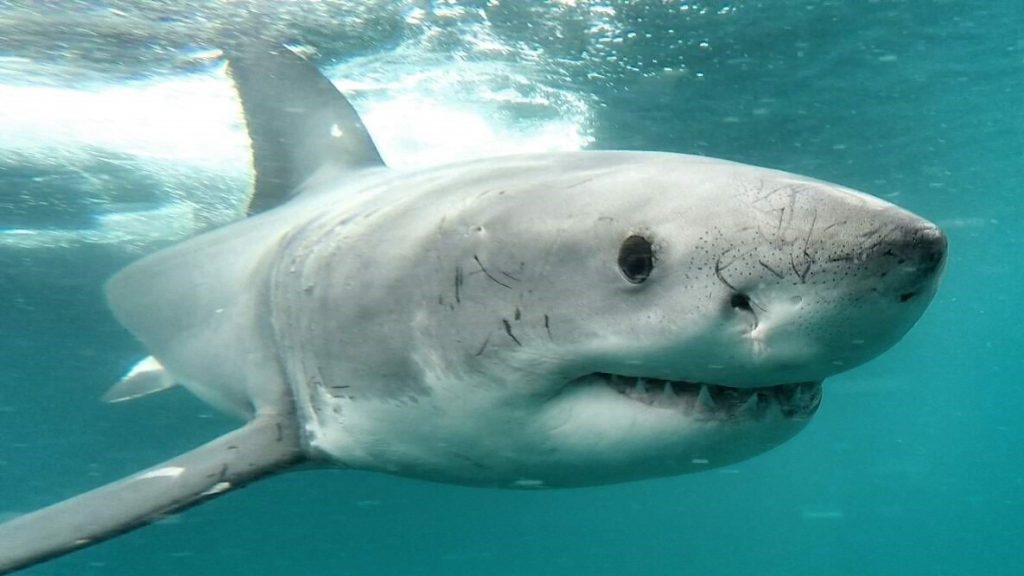
Aligning with NAUI’s Values
NAUI’s commitment to Dive Safety Through Education extends beyond training. It includes efforts to protect the ecosystems that make diving possible. This issue connects to our mission as educators and explorers. The loss of apex predators affects not only biodiversity, but also the quality of the dive experiences we offer.
This is a moment where divers have the opportunity to lead by example. Supporting informed, conservation-driven solutions helps preserve access to the world’s most unique and life-sustaining ecosystems.
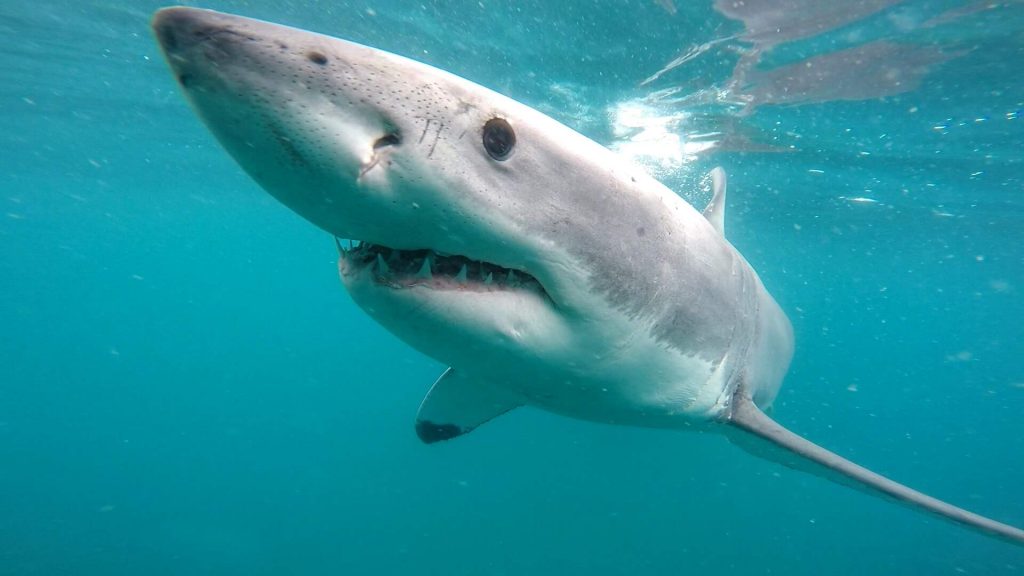
A Special Thank You
Special thanks to Esther Jacobs of the Earth Legacy Foundation for sharing this campaign with the NAUI community and for helping coordinate the coalition’s outreach and press materials.
Check them out on social media by clicking the buttons below:
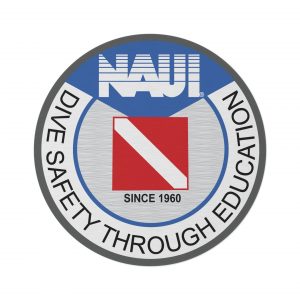
Dive Safety Through Education
NAUI Worldwide
🌎 Nonprofit Dive Training & Certifying Agency.🤿
